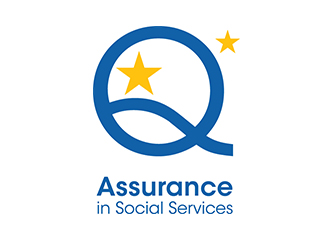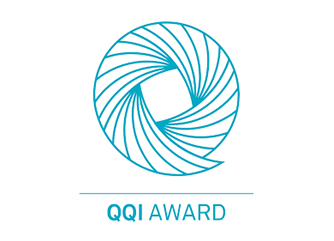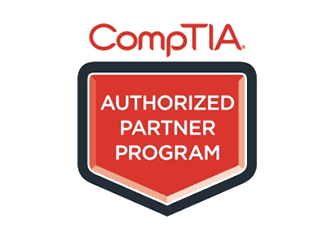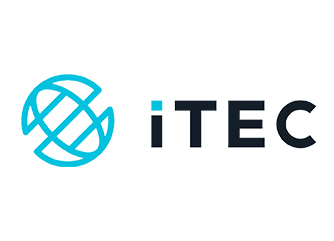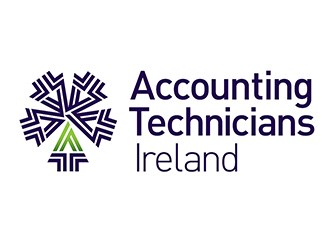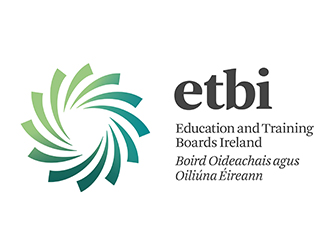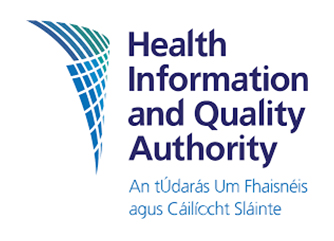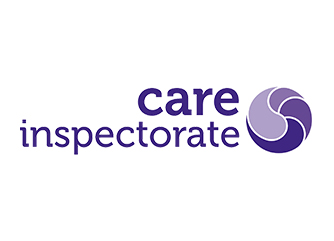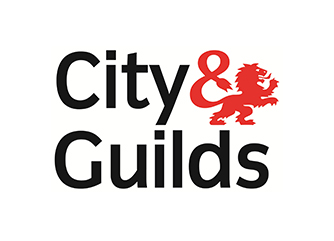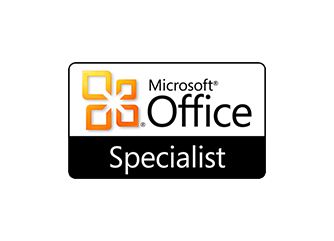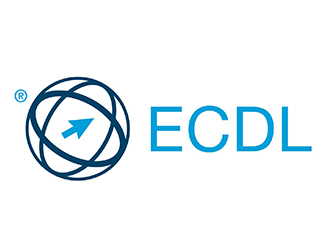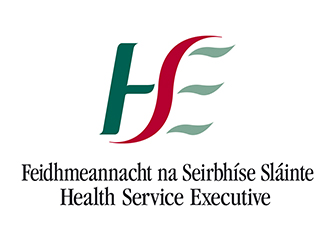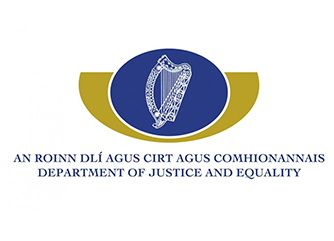National Learning Network provides training and specialist support to people who, for a variety of reasons, may find it difficult to gain employment. National Learning Network helps people with a range of Behavioural & Cognitive Disorders.
What are Behavioural & Cognitive Disorders?
There are a range of disorders which fall under the category of Behavioural & Cognitive Disorders, including:
- Specific Developmental disorder of Motor functioning e.g. Dyspraxia
- Specific Developmental disorder of Scholastic Functioning e.g. Dyslexia, Dyscalculia
- Specific Developmental Disorder of Speech and Language e.g. Receptive and Expressive Language difficulties
- ADHD, ADD, Conduct disorder, Oppositional Defiance, Tourettes (Behavioural and Emotional Disorders onset in childhood)
Dyspraxia / Developmental Coordination Disorder
Developmental Coordination Disorder (DCD), also known as dyspraxia, is a complex neurological condition which affects fine and/or gross motor skills, motor planning and coordination in children and adults.
It can affect co-ordination and balance, speech, auditory and verbal processing, organisational skills, memory, planning and social and emotional skills.
More information on dyspraxia is available from Dyspraxia/DCD Ireland here
How NLN Helps People with Dyspraxia / Development Coordination Disorder
- Provision of needs assessment on registration in university. Needs assessments allow reasonable accommodations to be offered to students in the educational setting, including additional time in examinations and tailored exam venues where appropriate.
- Aids students to develop strategies around coordination, organisation, and time management.
- On occasion, screening may be provided for dyspraxia/ developmental coordination disorder.
- Academic strategies are explored with students with an aim of developing metacognitive skills, maintaining motivation and concentration, and study skills
- Provision of strengths-based, collaborative support in developing study, organisation, social and self-care skills.
Dyslexia
Dyslexia is defined by the Dyslexia Association of Ireland as a specific learning difficulty affecting the acquisition of fluent and accurate reading and spelling skills.
Dyslexia is a common condition. International estimates suggest that 10% of people in the world may be considered to have dyslexia, and dyslexic difficulties can range from mild to severe.
People with dyslexia may experience greater stress and frustration as they endeavour to learn, resulting in heightened anxiety, particularly in relation to literacy acquisition.
People with dyslexia may also have accompanying learning strengths.
More information on dyslexia can be found from The Dyslexia Association of Ireland here
How NLN Helps People with Dyslexia
- Provision of needs assessment on registration in university. Needs assessments allow reasonable accommodations to be offered to students in the educational setting, including additional time in examinations and tailored exam venues where appropriate.
- Connecting students with appropriate assistive technology to improve their experience of college tasks including lectures, note-taking, proofreading and exams.
- Academic strategies are explored with students with an aim of developing metacognitive skills, maintaining motivation and concentration, and study skills
- Dyslexia consultations and psychological assessments are offered to students in some NLN locations
- Provision of strengths-based, collaborative support in developing study, organisation, social and self-care skills.
ADD, ADHD and other Behavioural and Emotional Disorders onset in childhood
Since 1994, ADD and ADHD have been recategorised under the same heading: ADHD, or Attention-Deficit/Hyperactivity Disorder.
Within ADHD there are three types:
- ADHD inattentive type (which used to be called ADD)
- ADHD hyperactive/impulsive type
- ADHD combined type (where both inattentive and hyperactive-impulsive symptoms are present)
Other Behavioural and Emotional Disorders onset in childhood include: disruptive behavioural problems including oppositional, conduct or defiant disorders and temper tantrums; depression; anxiety; and pervasive developmental disorder (Autism Spectrum Disorder).
How NLN Helps People with ADHD
NLN offers a range of specialist support services for people with ADHD around Ireland.
These services include:
- Provision of needs assessment on registration in university. Needs assessments allow reasonable accommodations to be offered to students in the educational setting, including additional time in examinations and tailored exam venues where appropriate.
- Aids students in developing strategies to improve executive function in an educational setting, including time management and organisation skills.
- Academic strategies are explored with students with an aim of developing metacognitive skills, maintaining motivation and concentration, and study skills
- On occasion, screening may be provided for students with a query of ADHD
- Offers strengths-based, collaborative support in developing study, organisation, social and self-care skills.
Dyscalculia
Dyscalculia is a learning disability in maths and numeracy.
People with dyscalculia will often have trouble with mathematical and numeracy skills at many levels.
They may struggle with concepts in maths, or tasks that involve maths.
Receptive or Expressive Language difficulties
People with receptive or expressive language disorders have problems processing or listening to spoken language (receptive) or using oral language or talking (expressive).
It is common that the person may have a good understanding of the language, but will struggle with the ability to understand or communicate with the spoken word.
People with receptive language disorder may face challenges in verbal reasoning, filtering out background noise or remembering strings of words.
People with expressive language disorder are likely to face difficulties in describing, defining and explaining, or in recounting events or stories.
Language disorders such as these can result in people withdrawing from conversation or group discussion, or difficulty in establishing and maintaining relationships.
Get In Touch
We would be delighted to hear from you to discuss your individual needs and which course would best suit you.
- Find your local NLN centre here
- For general enquiries about NLN, please email info@nln.ie
- For all other queries call 01 205 7200.
